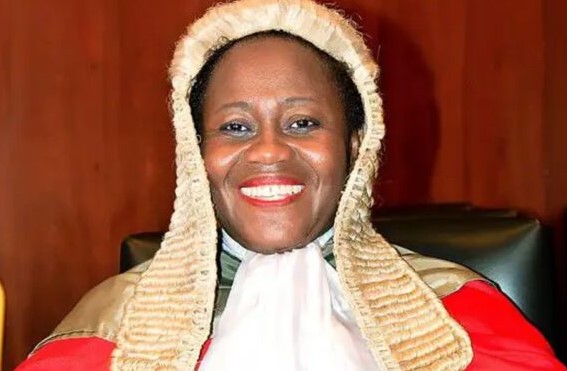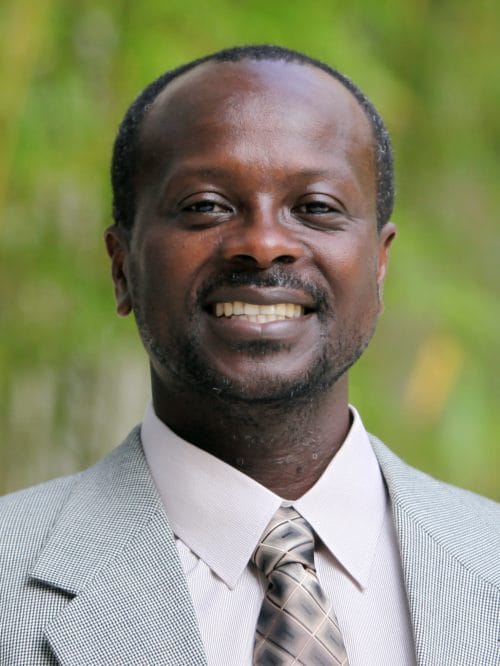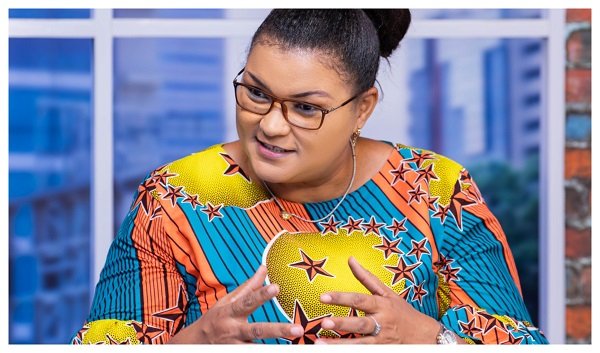The judiciary is frequently seen as the last defender of justice, the rule of law, and constitutional integrity in a constitutional democracy like Ghana’s, where institutions are intended to act as checks on political overreach.
However, it is painfully clear from Professor Stephen Kwaku Asare’s sobering reflection that this very institution is now in danger, not from outside forces, but from internal leadership practices that violate the constitutional order.
The main focus of Professor Asare’s criticism is the Office of the Chief Justice’s warning of systemic abuse.
“That independence has been under siege—ironically, from within. As the old adage warns, “aboa bi beka wo a, na ofiri wo ntoma mu” (i.e., if an animal is to bite you, it is from within your own cloth).
“The threat to the judiciary’s independence is not external at all. It is internal—arising from within its own leadership—and all the more dangerous because it wears the robe of legitimacy.”
Professor Stephen Kwaku Asare, Constitutional Scholar and CDD Fellow in Public Law and Justice
Professor Asare, a Democracy and Development Fellow in Public Law and Justice at the Centre for Democratic Development (CDD-Ghana), is concerned about the suspended Chief Justice Gertrude Torkonoo’s purported assumption of authority that was not given to her by the 1992 Constitution.
He maintained that although the Chief Justice is the administrative leader of the judiciary, she does not have the power to name or elevate judges to higher courts.

Based on the Council’s recommendation, Professor Asare vehemently argued that the President and the Judicial Council should have this authority.
According to him, the Chief Justice’s attempt to evade this procedure not only transgresses the Constitution but also taints the bench with political favoritism and coercion.
“And for good reason: when the Chief Justice handpicks who ascends to the bench, she compromises the independence of those who must later decide cases—some involving her own leadership”.
Professor Stephen Kwaku Asare, Constitutional Scholar and CDD Fellow in Public Law and Justice
A Compromised Judiciary
The result, according to Professor Asare is a compromised judiciary, where decisions may be tainted by fear or obligation rather than guided by the Constitution and conscience. Such an environment, he argues, is antithetical to the very ideals of justice.
To him, even more troubling is the suspended CJ’s practice of reshuffling judicial panels after cases have been assigned—a constitutional red line that, if crossed, undermines the stability and impartiality of judicial proceedings.
“To reshuffle panels is to treat judicial colleagues with disdain, litigants with contempt, and the Constitution—and the judicial oath—with utter disregard.”
Professor Stephen Kwaku Asare, Constitutional Scholar and CDD Fellow in Public Law and Justice
He claimed that this is a type of constitutional betrayal that requires immediate redress rather than just administrative misconduct.

A scathing critique of unilateralism can also be found in the scholar’s commentary. He reminds Ghanaians that the Constitution requires that the laws governing the judiciary be established by constitutional instruments rather than being made up or applied at the whim of one person.
Ignoring this legal requirement is tantamount to assuming autocratic power within an organization that is supposed to be the foundation of democracy.
Professor Asare’s intervention acts as a principled counter to those who are rephrasing this constitutional discussion in terms of politics or gender as tensions over Chief Justice Torkonoo’s suspension increase and the opposition New Patriotic Party (NPP) gets ready to demonstrate against her treatment.
“This is not about personalities. It is about principle. It is not about politics. It is about constitutionalism. It is not about gender. It is about governance”.
Professor Stephen Kwaku Asare, Constitutional Scholar and CDD Fellow in Public Law and Justice
Denouncing partisanship, Professor Asare underscored that his message is a patriotic appeal for the restoration of an organisation whose legitimacy is essential to Ghana’s democracy.
“To save the republic, we must first save the judiciary. And to save the judiciary, we must wrest it from the claws of an imperial Chief Justice.”
Professor Stephen Kwaku Asare, Constitutional Scholar and CDD Fellow in Public Law and Justice
For Professor Asare, no office, no matter how high, is above the Constitution, and no leader, no matter how strong, is above the responsibility to answer for their actions..

The judiciary stops protecting rights and turns into a danger to the republic when it is used as a tool of control rather than as a venue for fair justice.
Professor Asare’s demand that any Chief Justice who violates constitutional boundaries be removed immediately goes beyond simply correcting administrative errors.
To him, it is a call to uphold the balance of power that safeguards all Ghanaians, irrespective of their political affiliation, and to rebuild trust in the independence of the judiciary.
The time to act, he argued, is now, asserting that the judiciary, the Constitution, and the republic demand it.
READ ALSO: Government’s Mull for Concession Model Critical to Revive ECG






















